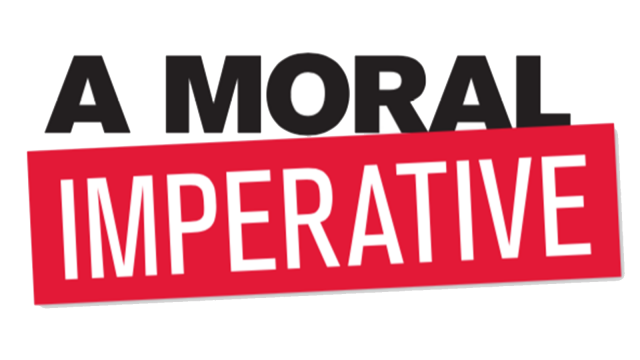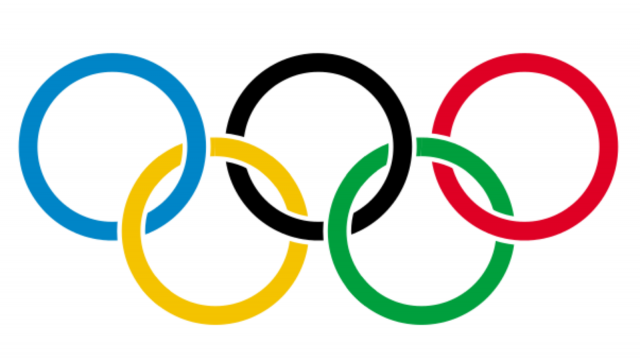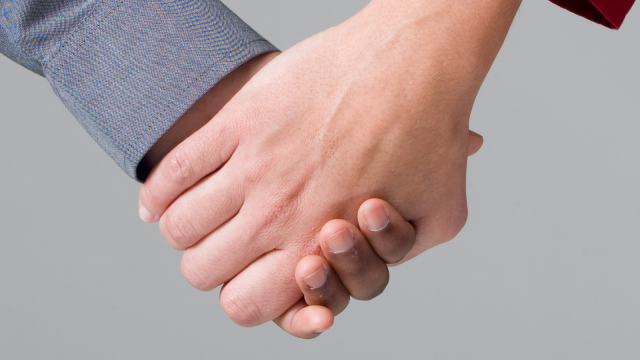A Moral Imperative

The CDC’s landmark report on the rate of HIV infections for Black and Hispanic people put into sharp focus the barriers for LGBTQ communities of color in accessing reliable health care. Though Black communities make up only 14 percent of the population, the 2016 report said, they account for an alarming 44 percent of all new HIV infections. If current trends continue, half of all Black gay and bisexual men in the United States will be diagnosed with HIV in their lifetime.
As HRC Foundation marks the 18th year of National Black HIV & AIDS Awareness Day this February and re-commits to help end the HIV epidemic and its disproportionate impact on communities of color, we must also look beyond these grim statistics and focus on the individuals and groups leading the fight against HIV and AIDS.
Among them is Darwin Thompson, executive director of NAESM, Inc., an Atlanta-based nonprofit that works to provide national and local leadership to address the myriad of health and wellness issues confronted by Black LGBTQ men.
For Thompson, empowering his clients through advo- cacy, services and education is a fundamental aspect to overcoming the HIV epidemic in his community and throughout the United States.
“All individuals want to feel valued,” said Thompson, “and I think that we look at Black gay men as just their HIV status. We don’t understand they bring a lot more to the table.” This point hits close to home for Thompson, whose biological mother was HIV-positive, putting Thompson in the target group for contracting the disease.
In an effort to change the conversation around HIV and Black communities, Thompson and NAESM collaborated with HRC in January to host the Moral Imperative, a symposium to strengthen Historically Black Colleges and Universities’ ability to provide leadership in the ght for an HIV- and AIDS-free generation. “This collaboration with NAESM and HBCUs affirms HRC’s commitment to work with our partners and allies to end HIV and HIV-related stigma in the United States,” said Peter Cruz, associate director of HRC Foundation’s HIV and Health Equity Program. “We all must act together — in our neighborhoods, in our schools and in our homes — to truly end the devastating impact of HIV and AIDS, particularly on our most vulnerable communities.”
Part of this action is to engage in what Thompson calls “holistic prevention” — to treat and prevent not just the disease, but also recognize the larger inequalities faced by Black LGBTQ men and lead to crisis in their communities.
“Whether we are dealing with family trauma or their high blood pressure or other things, it’s important to ensure that we are targeting a holistic prevention for Black gay men,” said Thompson.
For Thompson, fundamental to this holistic approach is tackling the stigma that surrounds HIV and the Black LGBTQ community to ensure that Black men feel empowered to seek the treatment and health services they deserve. This is why outreach to HBCUs is so important.
“I’m hopeful that in my lifetime HIV will be a disease of the past,” said Leslie Hall, who manages HRC Foundation’s HBCU Program. “I’m committed to raising awareness about HIV and encouraging young people on colleges and universities across the country — especially HBCUs — to take advantage of Pre-Exposure Prophylaxis (PrEP) and other proven prevention strategies. I know we will prevail.”
Thompson agrees. “It’s about giving HBCUs the tools necessary to find the dialogue but also fight and eradicate HIV and other STI related diseases.”
But even those of us who are not enrolled in an HBCU can be part of the solution. Getting tested for HIV and sexually transmitted infections, and encouraging those close to us to do the same, is one small way we can all make a difference, Thompson believes.
“We have the right tools, right leadership in place to end the epidemic right now.
Read more

